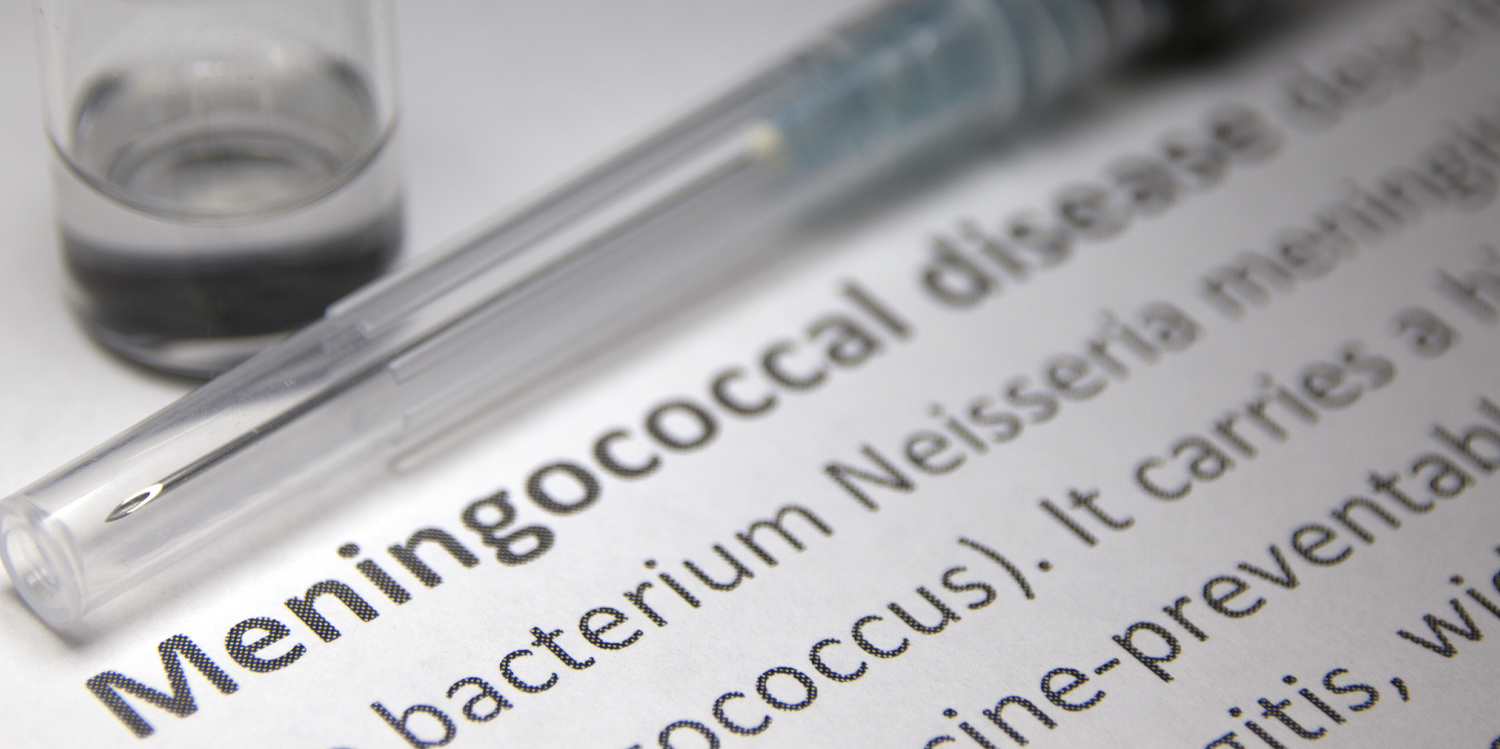GPs are urged to be aware of current cases of meningococcal in Western Australia after four cases were recorded since the start of the Easter long-weekend.
Three of these have been identified as MenB and the fourth is yet to be determined, with all individuals currently recovering in hospital.
Karen Quick, chief executive officer at Meningitis Centre Australia (MCA) based in Nedlands, told Medical Forum raising awareness should be at the forefront of every specialist and GP’s mind when they have a parent of a baby or teen in front of them.
“Check they’re immunisations are up to date, vaccinate if required, tell them about Meningococcal B and, at the very least, raise awareness of the signs and symptoms,” she said.
Ms Quick said MCA often got feedback from GPs that they do not want to discuss Meningococcal B as they know their patients can’t afford this vaccine.
“We urge all GP’s not to assume and educate patients on the disease, the fact it’s a separate vaccination to ACWY, and explain signs and symptoms so they can act immediately in seeking urgent medical attention.
“It is so important as health professionals that we educate parents to trust their instincts and if they suspect Meningococcal.”
Two of the recent cases are children from the same household, while the other two cases are adults with no links to the children or to each other.
A total of five cases of meningococcal disease have been reported in 2025.
Last year there was one death from the uncommon but life-threatening illness in the State and a total of 13 meningococcal cases reported, which saw calls for an expansion of the free vaccinations on offer to include immunisation against MenB.
RELATED: Call for free meningococcal B vax
There are two types of meningococcal vaccine available: one protects against four serogroups of the meningococcal disease (A, C, W and Y) and the other protects against serogroup B.
The MenACWY vaccine is offered free to children at 12 months of age and through a free catch-up program for adolescents aged 15 to 19 years old.
The MenB vaccine is currently free for all Aboriginal children aged up to two years old and for people of with certain medical risk conditions.
But for those not eligible for a free vaccination they could face costs of up to $200 per dose.
Meningococcal bacteria are carried harmlessly in the back of the nose and throat by about 10-20% of the population at any one time, but on rare occasions the bacteria can invade the bloodstream or tissues and cause serious infections.
Sometimes – but not always – symptoms may be accompanied by the appearance of a spotty red-purple rash that looks like small bleeding points beneath the skin or bruises.
The bacteria are not easily spread from person-to-person, it can be present in droplets discharged from the nose and throat when coughing or sneezing but is not spread by saliva and does not survive more than a few seconds in the environment.
Symptoms of invasive meningococcal disease may include high fever, chills, headache, neck stiffness, nausea and vomiting, drowsiness, confusion, and severe muscle and joint pains.
Young children may not complain of symptoms, so fever, pale or blotchy complexion, vomiting, lethargy, poor feeding, and rash are important signs.
Meningococcal infection is treatable with antibiotics, but it can progress rapidly, so those with symptoms are urged to seek medical attention urgently.
RELATED: Vaccine hesitancy on the rise in WA
Ms Quick said the MCA was concerned by the rise in cases of MenB in WA. The organisation has been campaigning for the vaccine to be made free.
“The WA government can act right here, right now and put a stop to death and disability from this vaccine preventable disease – they have bipartisan support and no legislation is required,” she said.
“While the Liberals, Greens and Nationals gave full support for the vaccine to become part of our WA program, Labor would not commit to the program leading up to the election,” Quick said.
The MCA plans to raise the topic in an upcoming meeting with Health Minister Meredith Hammat.
Want more news, clinicals, features and guest columns delivered straight to you? Subscribe for free to WA’s only independent magazine for medical practitioners.
Want to submit an article? Email editor@mforum.com.au


